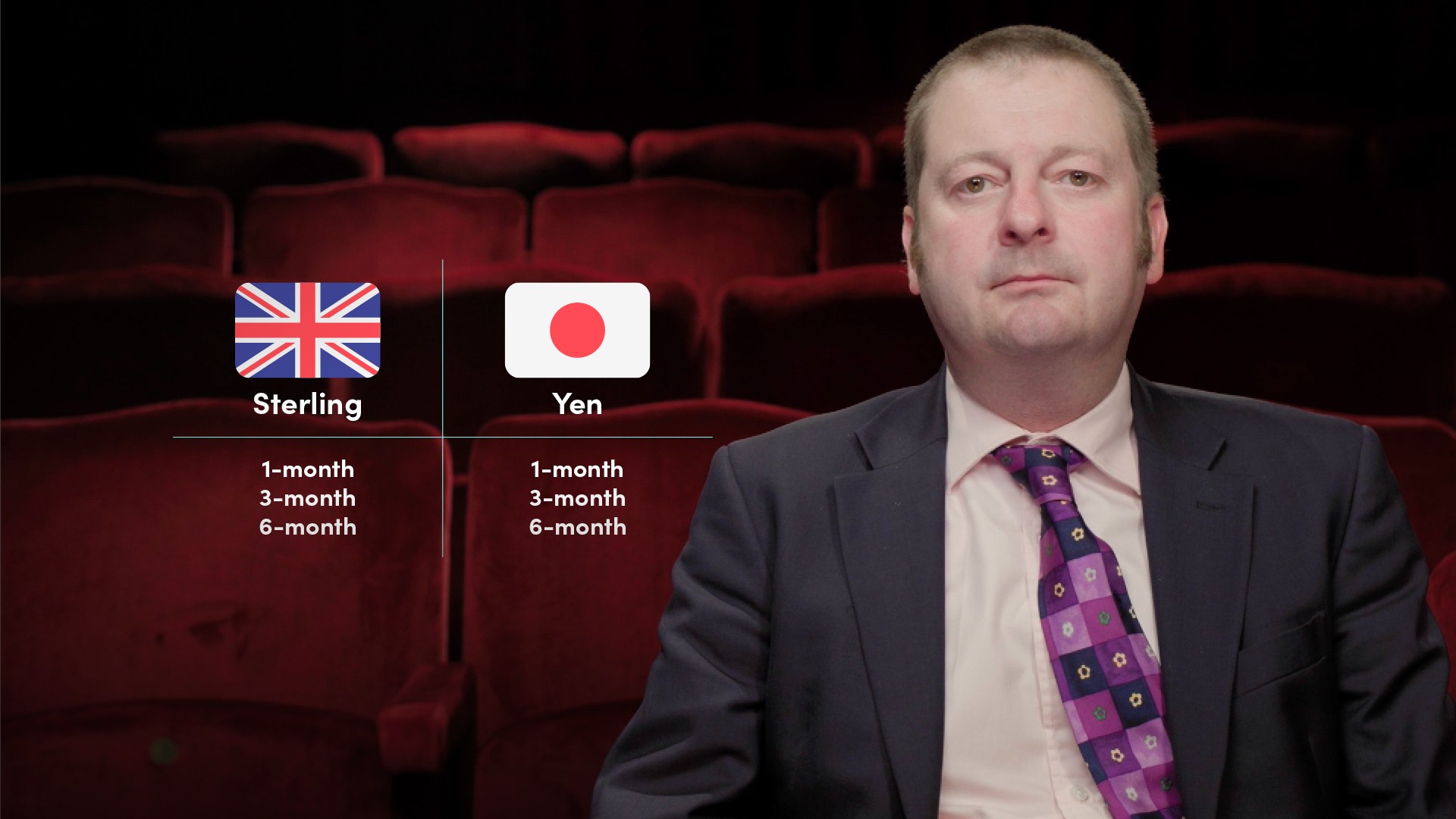
IBOR Transition Update (Dec 21)

John Ewan
20 years: Interest rate benchmarks
The discontinuation of LIBOR has been a project that has been in motion since 2014. It is a project that impacts the entirety of the financial landscape. The project has been driven by the official sector and market practitioners are gradually getting on board, partially because they have concluded the change is now inevitable.
The discontinuation of LIBOR has been a project that has been in motion since 2014. It is a project that impacts the entirety of the financial landscape. The project has been driven by the official sector and market practitioners are gradually getting on board, partially because they have concluded the change is now inevitable.
Subscribe to watch
Access this and all of the content on our platform by signing up for a 7-day free trial.

IBOR Transition Update (Dec 21)
5 mins 49 secs
Key learning objectives:
Understand the difference between forward looking rates (IBORs) and backward looking rates (RFRs)
Understand how synthetic rates will be calculated
Overview:
The discontinuation of LIBOR has been a project that has been in motion since 2014. It is a project that impacts the entirety of the financial landscape. The project has been driven by the official sector and market practitioners are gradually getting on board, partially because they have concluded the change is now inevitable.
Subscribe to watch
Access this and all of the content on our platform by signing up for a 7-day free trial.
What is the difference between forward looking and backward looking rates?
There are fundamental differences between risk-free rates and IBOR rates. The first difference is that IBORs are forward-looking rates while Risk-Free Rates are backwards-looking, that is, for arrangements that reference Risk-Free Rates, the final pricing can not be known ahead of time but only when the contract is concluded or otherwise expires. The second difference is that Risk-Free Rates are overnight rates, whereas IBOR rates have been made available in maturities up to one year.
How will synthetic rates be calculated?
Forward-looking term versions of the relevant risk-free rate (ie the ICE Term SONIA Reference Rates provided by ICE Benchmark Administration for sterling, and the Tokyo Term Risk-Free Rates (TORF) provided by QUICK Benchmarks Inc., adjusted to be on a 360 day-count basis, for yen), plus the respective ISDA fixed spread adjustment that is published by Bloomberg for the purpose of ISDA’s IBOR Fallbacks.
What are tough legacy contracts and why are they important?
The term “tough legacy” refers to existing LIBOR-referencing contracts.These contracts cannot convert to a non-LIBOR rate or amend to add fallbacks that would operate when LIBOR is discontinued.Tough legacy contracts are under consultation by the FCA. Tough legacy will be more or less all contracts with a lifespan beyond 2021, apart from cleared derivatives.
Subscribe to watch
Access this and all of the content on our platform by signing up for a 7-day free trial.

John Ewan
There are no available Videos from "John Ewan"



























